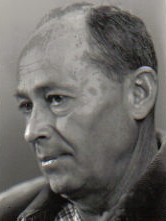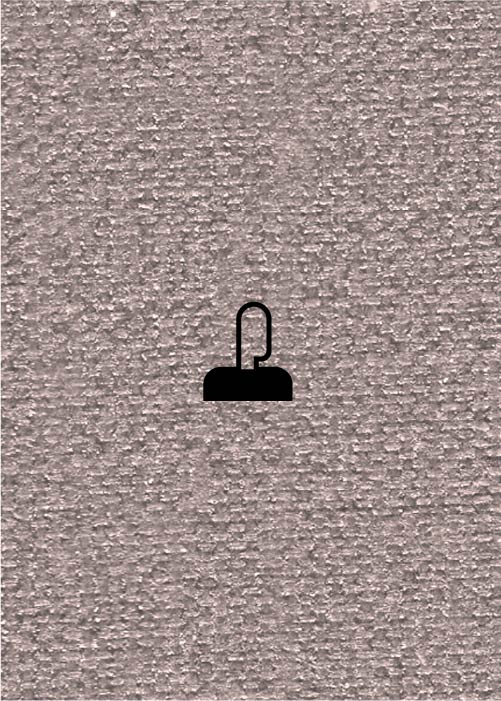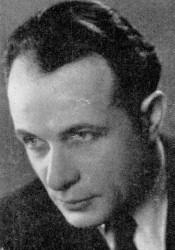David Zehavi was an Israeli composer. His grandparents on his father's side immigrated to Israel from Romania in 1877 as part of the first Aliyah. They came to Tiberias and later moved to Rosh Pina, where Avraham Goldis, David's father, was born. In 1895, Avraham married Rachel, a 19-year-old immigrant from Romania, and worked in the silk factory owned by Baron Rothschild in Rosh Pina. When the factory ran into difficulties, Avraham was fired from his job and the couple moved to Jaffa around 1900. David, the third child in the family, was born in Jaffa in 1910. He later wrote that 'the first sounds I absorbed as a child were a fusion of the sounds of Shabbat and Yom Tov's hymns from my father, and the sounds of the East that came from the Arab cafes near our house.' His father hoped he would be a cantor. Zehavi studied in the Hebrew kindergarten in Jaffa and continued his studies at the Tachkemoni School in the Neve Tzedek neighborhood. During the First World War, he was exiled with his family by the Ottoman authorities to Zichron Yaacov. After the British government has taken control, the family returned to Tel Aviv.
Zehavi did not study music in an orderly manner due to lack of means. His older sister, Leah Goldis, pushed him to get a musical education and playing the violin. But Zehavi preferred to play the piano. He began studying with the pianist Miriam Levit, and then studied with Hadassah Biribis. At an older age, he studied with Miriam Boskowitz. In his youth, he worked in casual jobs such as printing, building, and flooring.
At age 14 Zehavi joined the group of Ha-No'ar ha-Oved, which set up a new agricultural community, kibbutz Na'an (1930). He was a member of the kibbutz for about fifty years, until the day he died. He changed his last name from Goldis to Zahavi. In addition to his work in the kibbutz as an electrician, he organized a choir and music events in which he also began composing. Slowly he began to publish his melodies all over the country and became one of the most popular composers of his time. He was the first composer born in Israel, and as such he ranks among the founding fathers of the Israeli folk song.
In 1927, as a 15-year-old, he composed his first published song, 'Orḥah ba-Midbar' ('Caravan in the Desert'). The song's opening line 'Yamin u-Semol' ('Right and left …') is often quoted as the title. He composed some 400 songs altogether; 250 of them appeared in print. Many of his songs are considered to be among the best in Hebrew song such as Hannah Szenes's poetry, 'Halikhah le-Kesaria' ('On the Road to Caesarea) or 'Eli Eli Shelo Yiggamer le-Olam' ('My God, My God, Let It Never End'), 'He-Ḥalil' ('The Flute'), 'Shir Hpalmach' ('the Palmaḥ song'), 'Hen Efshar' ('How Can It Be Possible'), 'Yesusum Midbar' ('Let the Desert Rejoice'), 'Niggunum,' 'Male'u Asamenu Bar' ('Our Silos Are Filled with Grain'), and dozens more. In fact, songs make up most of his musical output.
In 1961, he won the Yosef Alkoni Prize for Hebrew Singing for: melodies for choir, children's songs, and folk songs.
In his later years, he suffered from cancer and died in 1977, at the age of 67. He was buried in his kibbutz. His archive is kept in the National Library. His son's wife is the singer Dafna Zehavi, who often sings songs by David Zehavi in her performances.
Sources: Zemereshet site.






